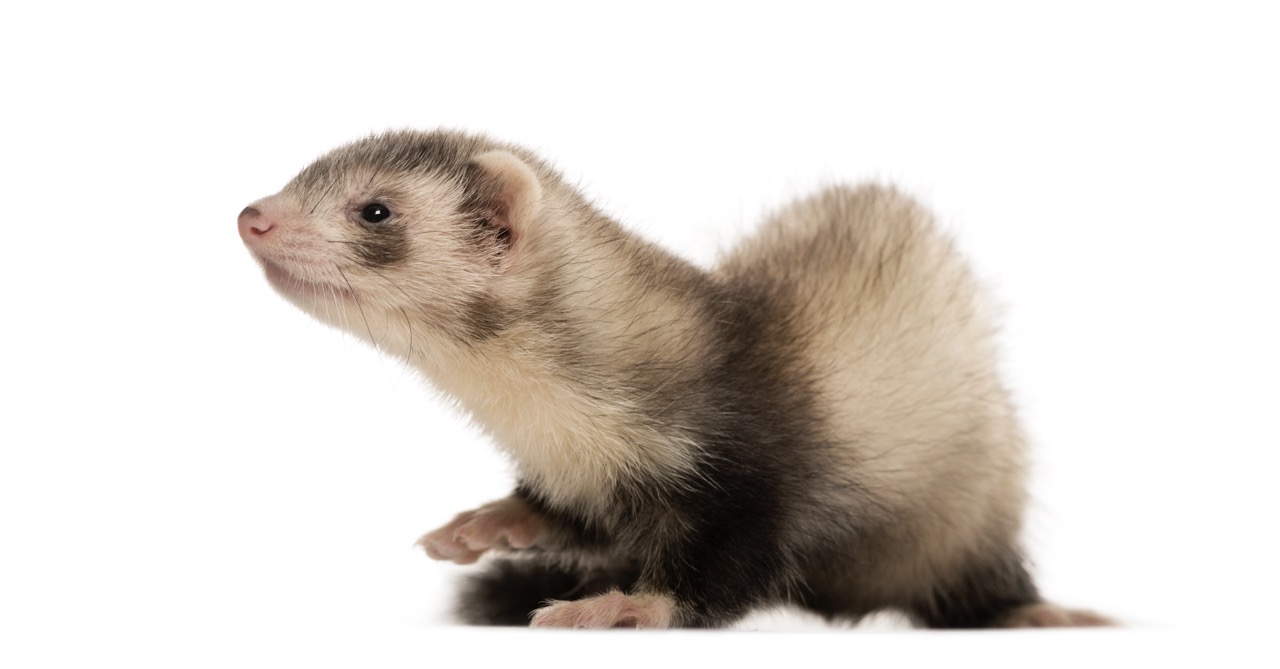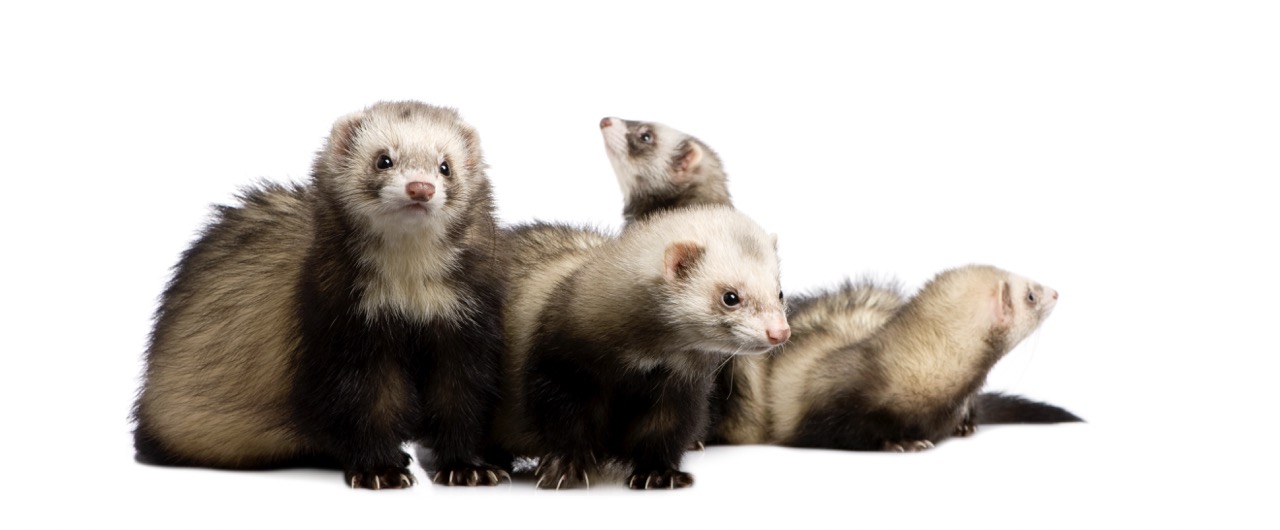Ferrets are playful and curious creatures, but like any pet, they can face health challenges, including diarrhea. This condition can arise from various causes, ranging from dietary indiscretion to underlying health issues. Understanding how to prevent and treat diarrhea in ferrets is crucial for any ferret owner. This article explores the causes of diarrhea, effective prevention strategies, how to recognize symptoms, and treatment options available for ferrets suffering from this ailment.
Understanding the Causes of Diarrhea in Ferrets
Diarrhea in ferrets can occur due to a variety of factors. One common cause is dietary indiscretion, where ferrets consume food that is inappropriate or spoiled. Ferrets have sensitive digestive systems, and sudden changes in diet or introducing new foods can upset their stomachs, leading to diarrhea. Additionally, if ferrets ingest foreign objects or non-food items, this can also result in gastrointestinal distress.
Another significant factor contributing to diarrhea is infections. Ferrets can contract bacterial, viral, or parasitic infections that disrupt their digestive health. Common culprits include canine parvovirus and various strains of bacteria such as E. coli or Salmonella. These infections often require prompt veterinary care, as they can lead to severe dehydration and other complications if not treated in a timely manner.
Lastly, underlying health issues, such as adrenal disease, liver disease, or inflammatory bowel disease, can also manifest as diarrhea. These conditions may require extensive medical intervention and ongoing management. Therefore, understanding the potential causes of diarrhea is essential for effective prevention and treatment, allowing ferret owners to respond quickly to their pet’s needs.
Effective Prevention Strategies for Ferret Diarrhea
Preventing diarrhea in ferrets starts with a proper diet. Ferrets are obligate carnivores, so their diet should primarily consist of high-quality ferret food that is protein-rich and low in carbohydrates. Owners should avoid feeding ferrets foods high in sugars or fillers, as these can upset their digestive systems. Additionally, making any dietary changes gradually over a week can help the ferret’s digestive system adjust without causing distress.
Environmental factors also play a critical role in prevention. Maintaining a clean living space is vital to minimize exposure to pathogens that could lead to infections. Regularly cleaning food and water dishes, as well as the ferret’s cage, can help reduce the risk of gastrointestinal illnesses. Furthermore, it’s vital to ensure that ferrets do not have access to potentially harmful items such as houseplants, chemicals, or human food that could result in digestive upset.
Routine veterinary check-ups are another key strategy for preventing diarrhea and other health issues. Regular visits allow veterinarians to monitor the ferret’s health, provide vaccinations, and detect any underlying conditions early. Vaccination against common diseases and appropriate parasite control can also help keep ferrets healthy and reduce the likelihood of diarrhea.
Recognizing Symptoms and When to Seek Veterinary Help
Recognizing the symptoms of diarrhea in ferrets is essential for timely intervention. Typical signs include increased frequency of bowel movements, watery or loose stools, and changes in the color or consistency of the feces. Ferrets with diarrhea may also exhibit additional symptoms such as lethargy, reduced appetite, or vomiting. These signs indicate that the condition may be more severe than a simple dietary upset.
It is crucial for ferret owners to monitor their pets closely when diarrhea is present. If the diarrhea persists for more than 24 hours or occurs alongside other concerning symptoms, such as blood in the stool or extreme lethargy, it is important to seek veterinary assistance. Dehydration is a significant risk associated with diarrhea, and prompt medical attention is necessary to prevent serious complications.
Additionally, if the ferret is very young, elderly, or has pre-existing health conditions, symptoms should be evaluated by a veterinarian as soon as they arise. These populations are particularly vulnerable to the effects of diarrhea and may require immediate medical intervention to ensure their safety and well-being.
Treatment Options for Managing Diarrhea in Ferrets
Once a ferret is diagnosed with diarrhea, treatment options will depend on the underlying cause. For mild cases stemming from dietary indiscretion, veterinarians may recommend temporarily withholding food for 12-24 hours, followed by a bland diet of easily digestible foods, such as boiled chicken or specialized veterinary diets. This approach allows the digestive system to rest and recover.
If the diarrhea is caused by an infection, treatment may involve medications such as antibiotics or anti-parasitic drugs, depending on the type of pathogen identified. The veterinarian may also recommend supportive care, including fluids to prevent dehydration. In some cases, hospitalization may be necessary for more severe infections to ensure that the ferret is closely monitored and receives appropriate intravenous fluids and treatments.
In cases where diarrhea is linked to chronic health issues, ongoing management may be required. This could include dietary adjustments, medication to manage symptoms, or even more intensive treatments for underlying conditions. Regular follow-ups with the veterinarian will be essential to ensure that the ferret’s health is being appropriately managed and to adjust treatment plans as needed.
Prevention and treatment of diarrhea in ferrets are critical aspects of responsible pet ownership. Understanding the causes, implementing effective prevention strategies, recognizing symptoms, and knowing when to seek veterinary help can ensure your ferret remains healthy and happy. With prompt intervention and appropriate care, most cases of diarrhea can be effectively managed, allowing ferrets to return to their playful and energetic selves. As always, maintaining open communication with your veterinarian will provide the best outcomes for your beloved pet.










